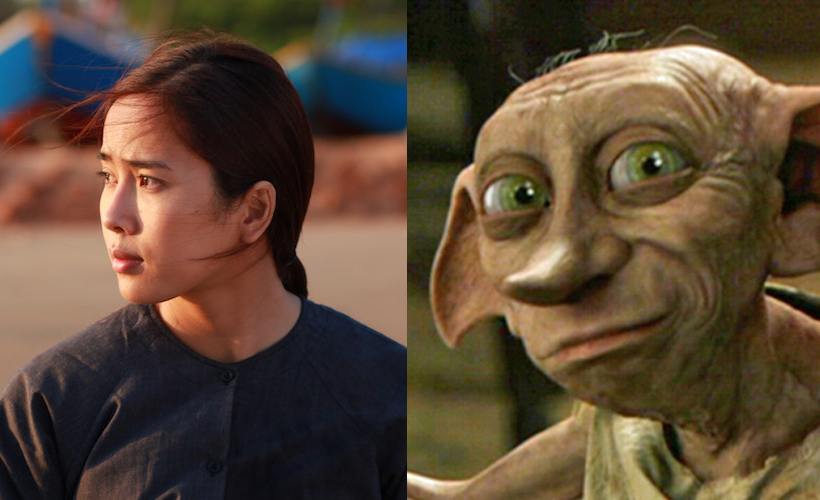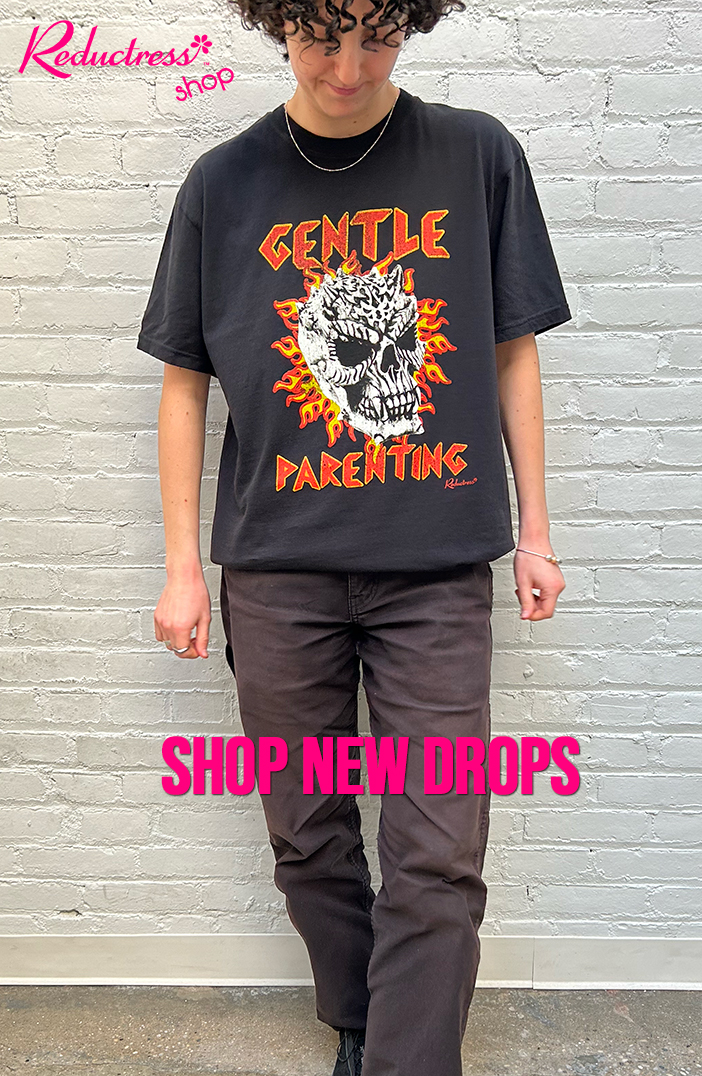When I finally got around to reading my copy of Attached, the prognosis couldn’t have been worse: I didn’t have an Anxious, Avoidant, or Disorganized attachment style. Shockingly, what I actually had was the same exact attachment style as the small, anxiety-ridden house elf from Harry Potter, Dobby.
That’s right: The subservient, sock-obsessed character from a fictional wizarding universe and I seem to approach relationships in the exact same way.
I’ve never even served a family of cruel Dark wizards, yet somehow Dobby and I turned out the exact same? And to think I was afraid I’d have an Anxious Avoidant attachment style – this is so much worse.
At first, it was difficult for me to accept this truth. But the facts were undeniable. When the book posed the question, “Do you find it difficult to be affectionate with your partner?” I answered “no” and then felt overcome by the overwhelming need to add, “What a beautiful place…to be with friends. Dobby is happy to be with his friend…Harry Potter.” And when faced with the question, “How do you express your emotions to loved ones?” I skipped right past the five love languages and chose instead “dutifully fawning over them as if bound by some unbreakable wizard contract until presented with a dirty sock, a too-big hat, or a text that starts, ‘I think we need to talk.’”
I honestly just thought that was an Anxious attachment style.
When I got to the “How do you handle failure?” question, I felt a little more confident, responding, “If Dobby does it wrong, Dobby will throw himself off the topmost tower, Harry Potter!” Is that normal?
Near the end of the book, I was faced with the final question, “Would you consider yourself to be very independent?” The choices were only “yes” or “no” but I took it upon myself to write in a separate, third answer that read, “Dobby lives to protect Mr. Potter.” I don’t even know what that means, but it still somehow factored into my final score.
When I finally reached the end of the book and discovered that my attachment style was none of the normal, expected ones, but rather the house elf-specific one that I didn’t even know was included in the book, I was overcome with shame. I was physically unable to stop myself from finding the nearest dresser and banging my head against it, screaming, “Bad Dobby! Bad Dobby!” Unfortunately, that only further solidified my Dobby-centric attachment style.
At least now I know why most of my past relationships ended with my partner presenting me with a dirty sock and saying, “You’re free now.”





